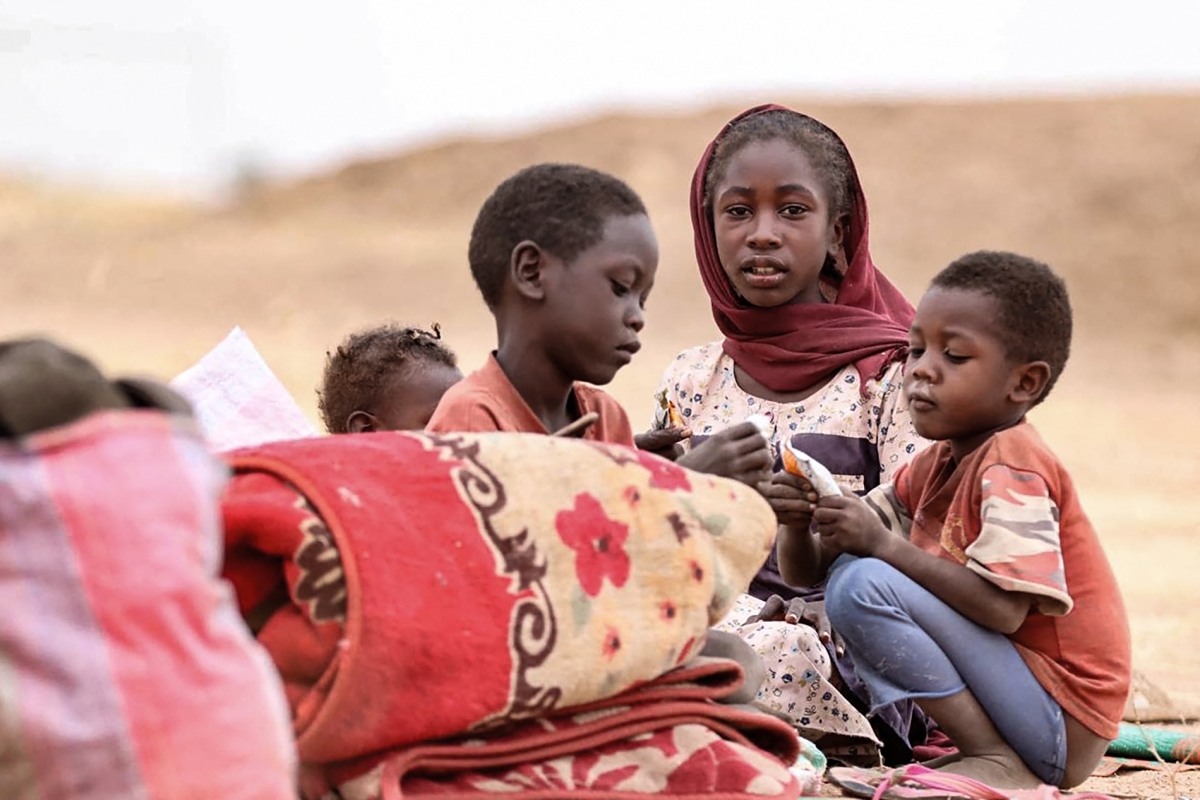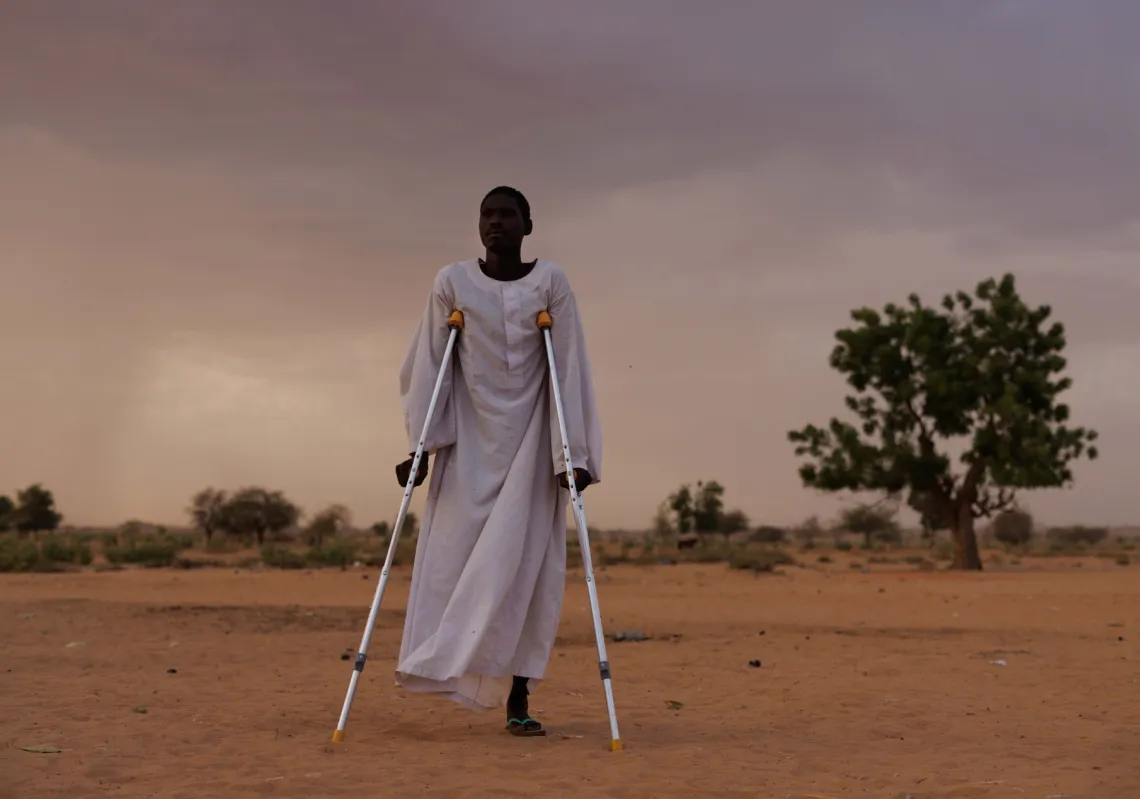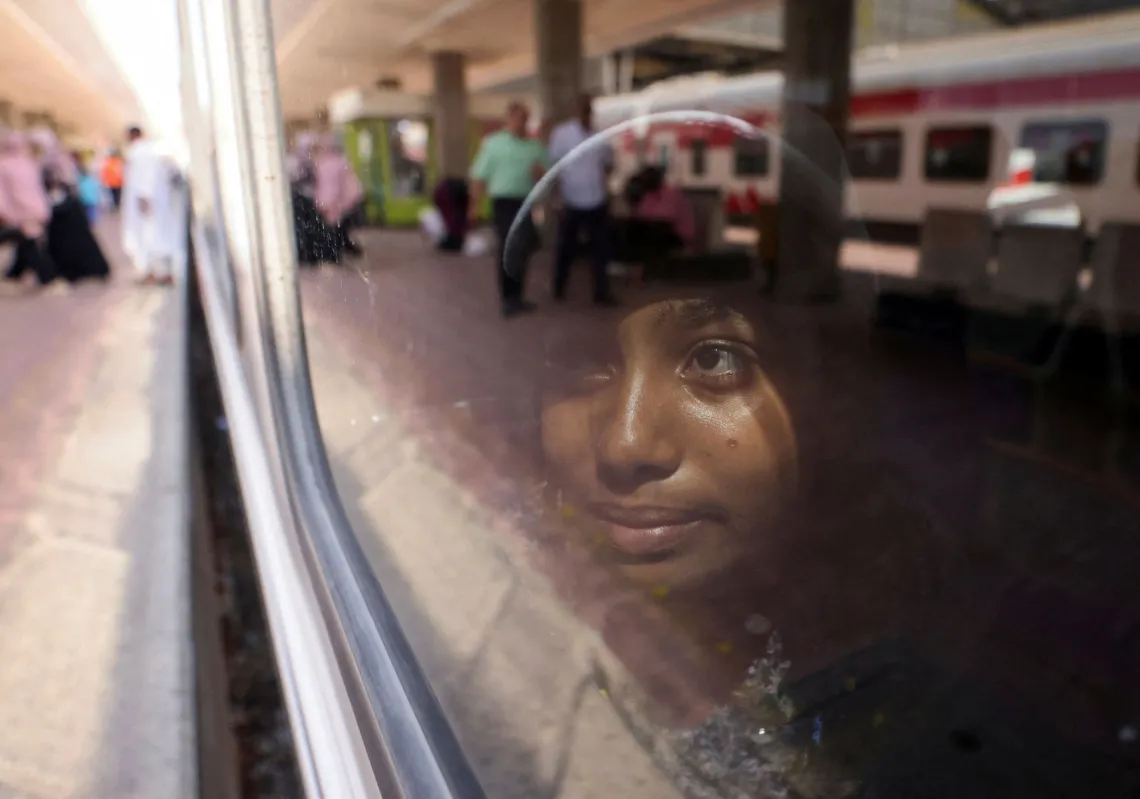Two-and-a-half years after a failed coup sparked a devastating war, Sudan has moved beyond the confines of an internal conflict. It has become a breeding ground for regional instability, a testing ground for proxy warfare, and, above all, a humanitarian tragedy of unprecedented scale. Much of the world has chosen to look away, allowing the crisis to slip into obscurity.
The suffering is stark and undeniable: millions displaced from their homes, entire cities lying in ruins, and a social fabric torn apart under relentless artillery fire and aerial bombardment. Yet to move from fleeting sorrow to meaningful action, we must first confront the truth of this war with unflinching honesty—its origins, its persistence, and the interests that continue to fuel it. As the British writer John Berger observed in Ways of Seeing, the power of force lies not only in what it does, but also in what it makes others see or ignore.
Domestically, this conflict is neither purely ideological nor merely local in nature. It is the tragic result of two catastrophic failures: the erosion of commitment to national interest in political life and the entrenchment of foreign patronage for armed groups. This deadly convergence produced a national calamity. Political actors abandoned the principles of sovereignty, prioritising the survival of their factions over the nation's interests. In doing so, they enabled external powers to turn Sudan’s land, economy, and society into an open theatre for proxy wars.
This trajectory reached its most destructive point with the rise of the Rapid Support Forces (RSF). Material and military aid, logistical support on the battlefield, media amplification, and foreign political cover fused into a single apparatus, forging a predatory system of plunder, organised with chilling efficiency.
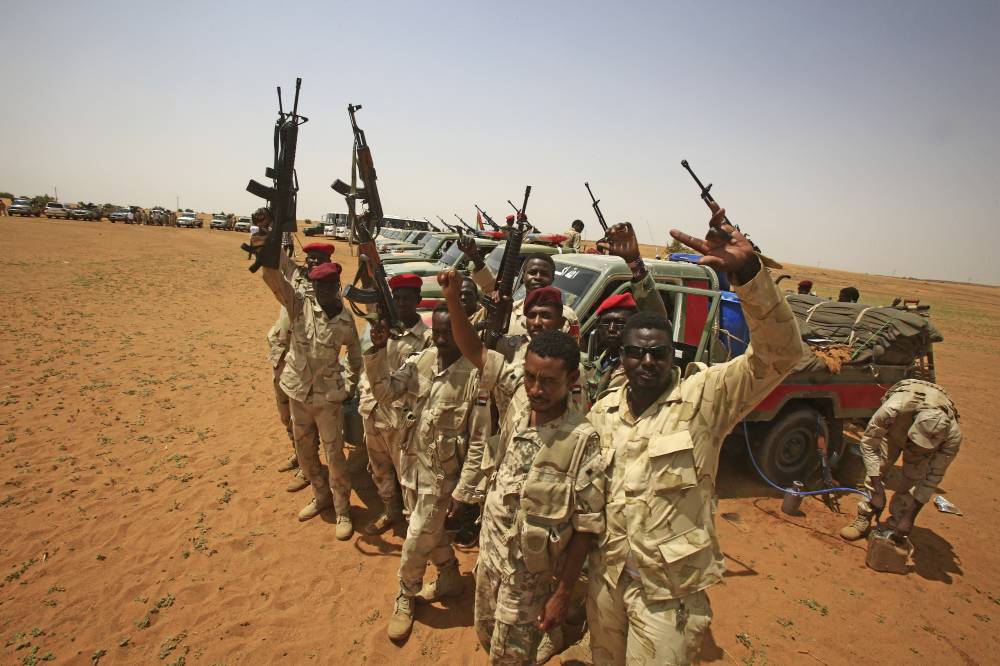
From revolution to ruin
The seeds of disaster were sown well before April 2023. Instead of consolidating the gains of the 2019 revolution and completing the transition, Sudan’s political forces descended into narrow struggles over positions and spoils. They stripped the transition of its essence, leaving the state exposed to armed mercenaries inherited from the previous regime. Mercenaries whom foreign patrons were eager to exploit.
The war that followed was not an outbreak of sudden chaos but the culmination of years of political malpractice that dismantled the state’s basic function of serving its people. The state was reduced to a platform for looting and patronage, its sovereignty handed to contractors of armed violence. Today, this systemic collapse is evident in the RSF’s scorched-earth tactics, the deliberate starvation created by prolonged sieges—over 18 months in El Fasher alone—and the unprecedented scope of killings, ethnic cleansing, sexual violence, and rape.
The destruction of vital infrastructure and the largest displacement crisis in the world have deepened the tragedy. Sudanese society itself is fracturing along lines of division not chosen by its people but inflamed by external actors seeking to legitimise a fictitious government declared by the RSF in the territories it controls.
This calamity has been exacerbated by the failure of political actors to take a principled stand. Instead, they have chosen a posture of neutrality that, even if genuine, amounts to complicity when faced with the RSF’s fascist campaign and its atrocities.
An economy of violence
The war between the Sudanese Armed Forces (SAF) and the RSF is not merely a contest for territory, but a struggle over legitimacy and control of the state: its markets, resources, borders, and fragmented communities. Within this distorted economy of violence, the RSF has turned insecurity into a resource.
Looting has become the norm, checkpoints have been converted into tollbooths, displaced people are driven into forced labour, and humanitarian aid is seized as spoils. The result is a war economy that normalises predation, erases the rule of law, and subjects Sudan to the rule of force.
A central distortion in international discourse on Sudan’s war is the false equivalence drawn between the SAF and the RSF, as if they were merely rival factions in a civil conflict. If there is to be a genuine resolution, the belligerents must be judged by their conduct in the present war. Despite a legacy marred by politicisation and past violations, the SAF remain the national army, evolving alongside other state institutions and operating within Sudan’s legal and institutional framework.
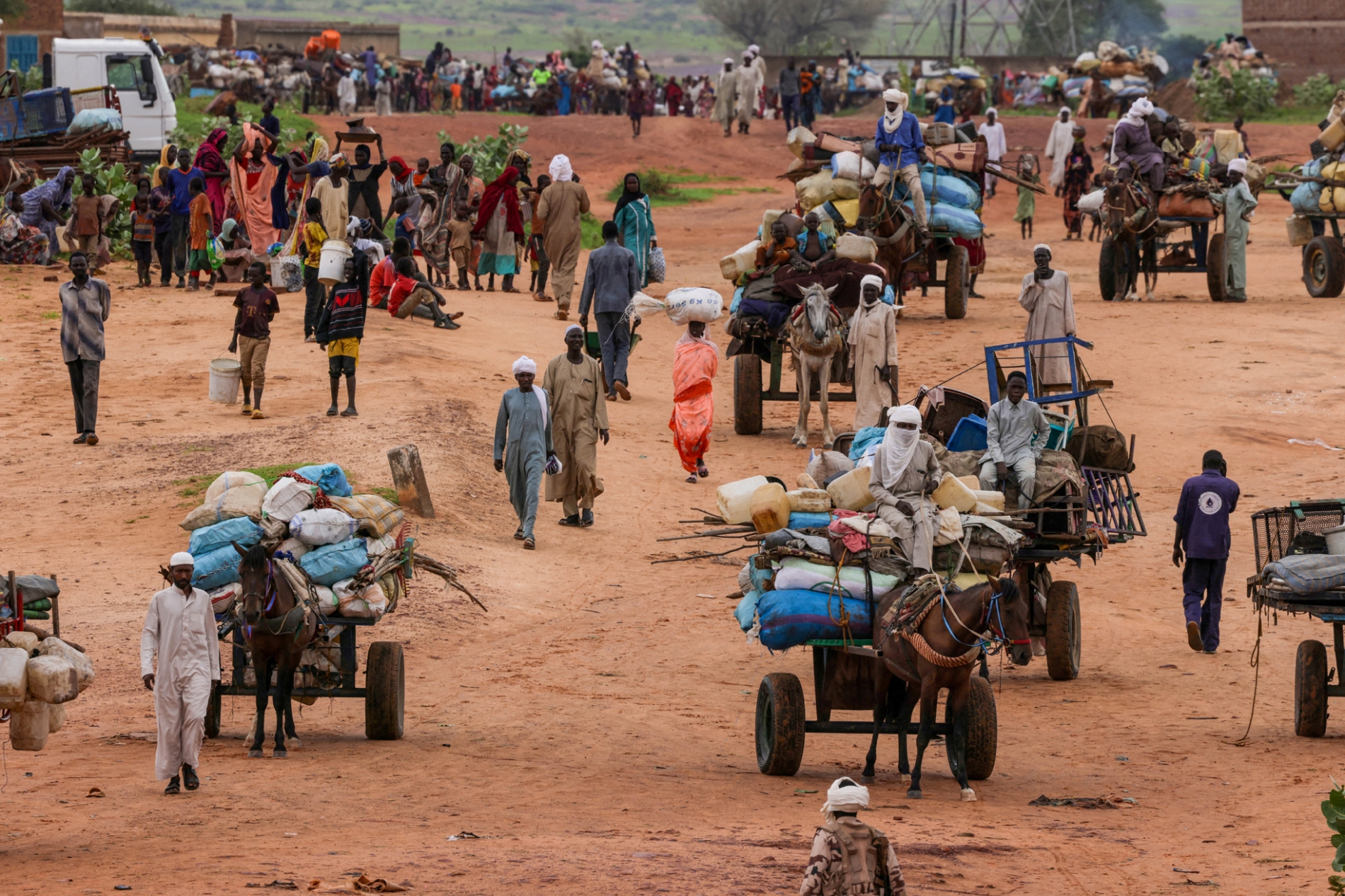
From the outset of the conflict, the steady flow of civilians fleeing RSF-held areas to government-controlled ones has provided compelling evidence of how Sudanese citizens perceive a moral and practical distinction between the two sides.
A February 2025 report by the European Union Agency for Asylum detailed this pattern: in Al-Jazira state, RSF attacks in October 2024 displaced 135,000 people, a figure that rose to 393,000 by November as many fled toward government-held Gedaref, Kassala, and River Nile states. Similar displacement followed RSF assaults in Sennar in June 2024. In South Kordofan, the RSF’s seizure of areas in February and June 2024 forced 40,000 people to flee Habila, while 60 to 70% of the Fula’s (a nomadic and pastoral ethnic group) population was displaced to government territory.
In Greater Khartoum, 3.7 million were displaced by December 2024, mainly to the River Nile and Gedaref. These movements demonstrate a consistent, escalating pattern of civilians fleeing RSF zones in search of relative safety under government control.
In stark contrast, the RSF is a militia of mercenaries, reconstituted from the Janjaweed once deployed by Omar al-Bashir’s regime to commit atrocities in Darfur. It has evolved into a commercial enterprise of violence, beholden only to the ambitions of its leaders and their foreign sponsors. Its record includes ethnic massacres, systematic looting of civilians and infrastructure, the use of sexual violence as a weapon of war, and deliberate tactics of starvation.
Read more: Shocking testimony emerges of systematic rape in Sudan
The role of regional powers
The distinction between the two sides is not theoretical but documented by hard evidence. The Armed Conflict Location & Event Data Project (ACLED) attributed 77% of all incidents of violence against civilians in 2024 to the RSF. By comparison, the SAF accounted for the lowest share of civilian harm. Such figures underscore a consistent reality: the RSF bears overwhelming responsibility for civilian suffering.
Equating the SAF—a flawed but potentially reformable national army—with an armed network built on pillage, foreign sponsorship, and impunity is a superficial misdiagnosis. It not only obscures the nature of the war but also prolongs it by legitimising the RSF’s violent pursuit of power.
Internationally, the war has been sustained and reshaped by the RSF’s continued support from regional actors. This backing—material, financial, and logistical—has been documented in investigative journalism, leaked intelligence, and official submissions to the US Congress.
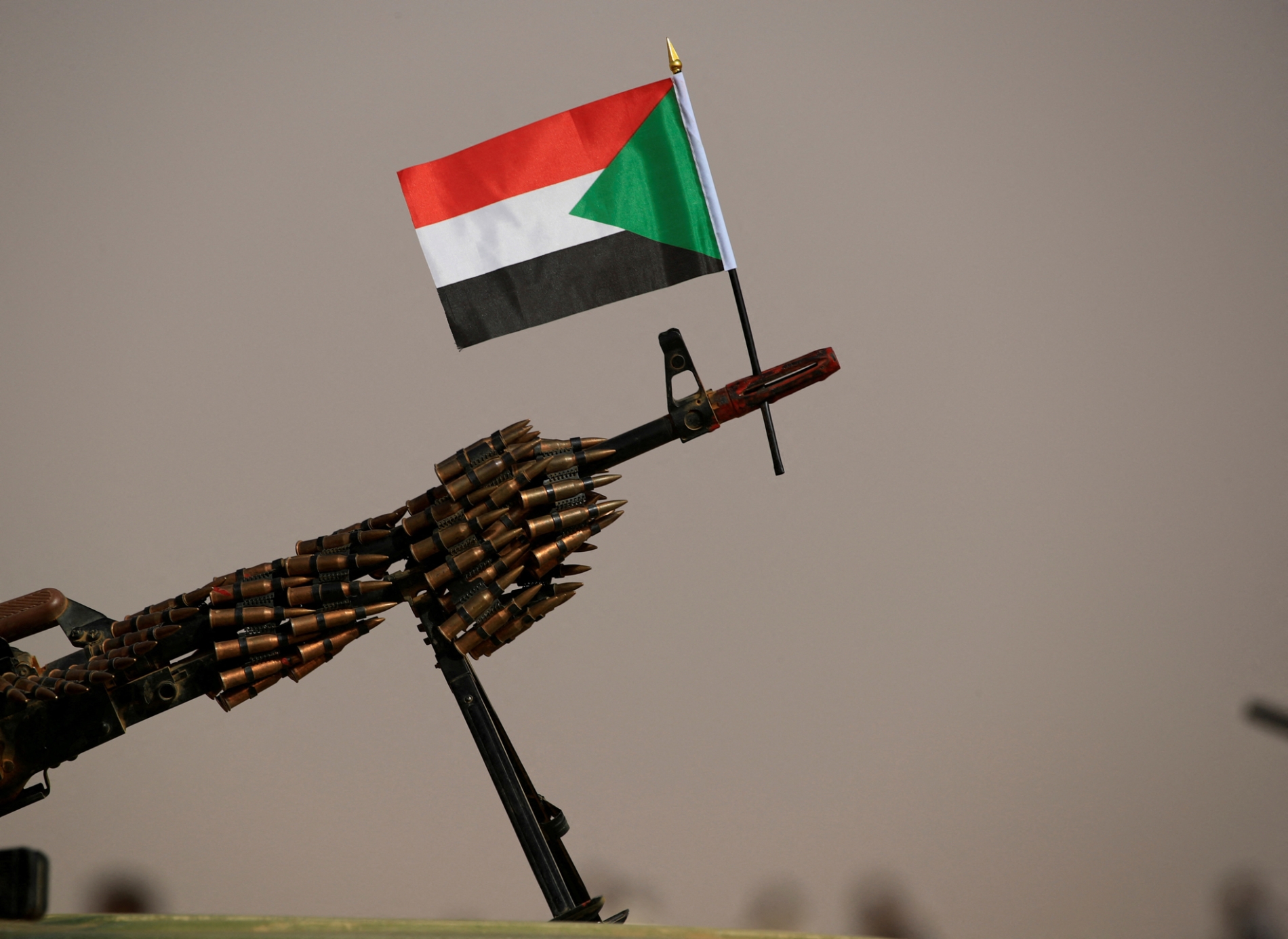
In January 2024, the United Nations Panel of Experts on Darfur reported “credible” evidence that regional powers were supplying the RSF via eastern Chad and Libya, including arms, equipment, and channels for recruiting mercenaries from across Africa and even Colombia.
Such support has enabled the RSF to impose sieges, conduct ethnic cleansing, and plunder Sudanese cities, all while enjoying impunity and uninterrupted resupply. By arming and financing a militia that thrives on civilian suffering, these sponsors have become direct accomplices in atrocities and active contributors to Sudan’s fragmentation.
Read more: Foreign meddling in Sudan's war is only part of the problem
An international failure
The international response reveals a glaring paradox: lofty rhetoric about humanitarian concern paired with operational paralysis and a fundamental misreading of the war.
Appeals flow from donor capitals, yet they have not translated into meaningful civilian protection. The failure to answer one essential question—protection from whom?—undermines the entire effort. While the Sudanese government, the UN, and partner agencies continue to deliver relief under near-impossible conditions, convoys are looted, warehouses raided, and distribution obstructed, most often by the RSF.
Meanwhile, the humanitarian toll mounts: millions displaced within Sudan, countless more driven across borders, and what is now the world’s largest refugee crisis.
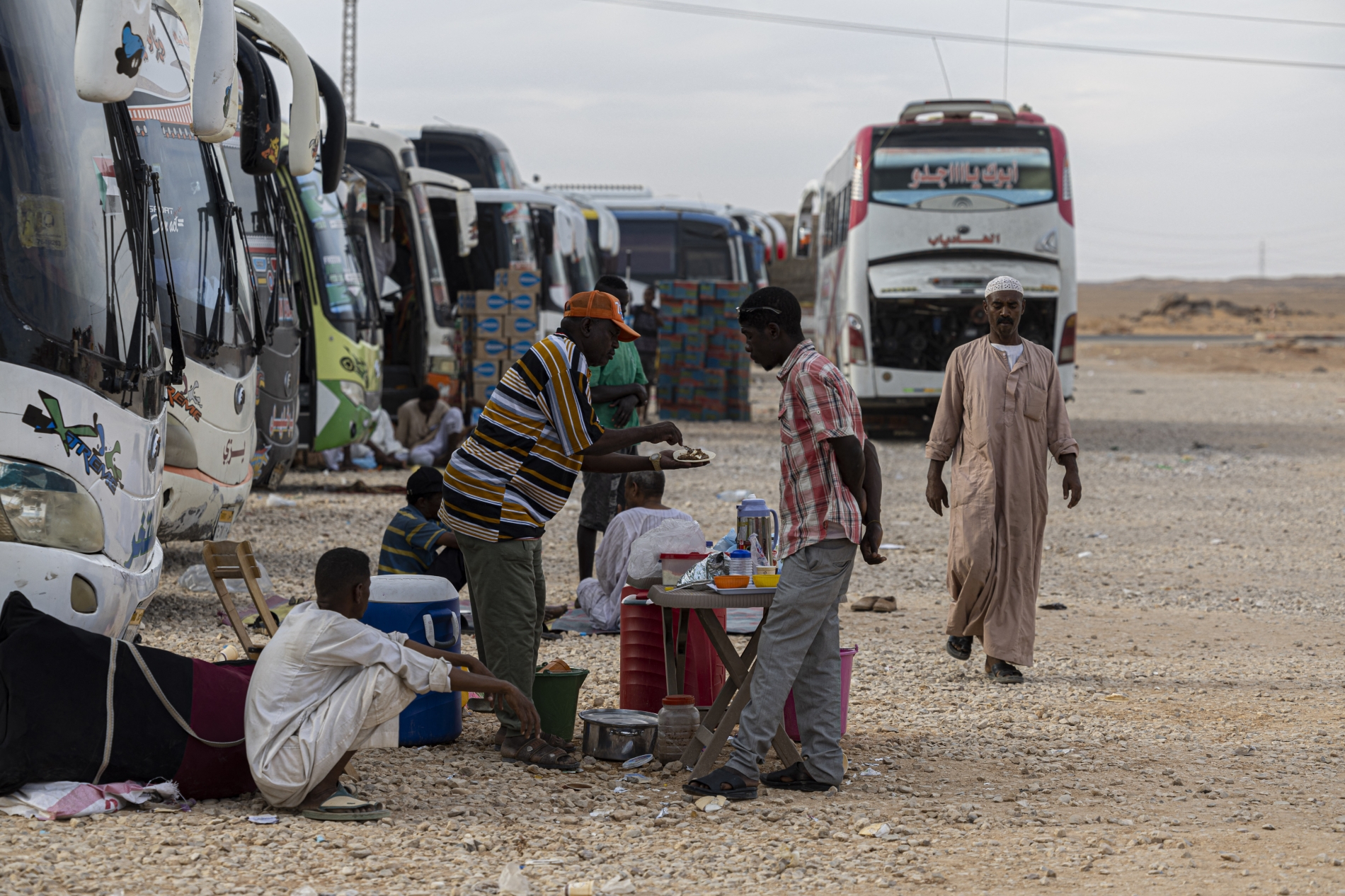
Accountability must not be treated as an afterthought—it is essential to halting escalation. The states that arm, fund, and supply mercenaries to Sudan’s militias are not passive observers but active enablers of violence. Legal and diplomatic mechanisms, including proceedings in international forums, are indispensable for altering the conduct of these regional actors, many of which are already complicit in other wars. Sudan’s pursuit of legal action against foreign enablers deserves robust international support, especially from nations that claim to uphold international norms.
To ignore the external machinery that fuels this war is to fall into a fatal definitional error—one that absolves enablers and undermines any prospect of peace. Accountability must be pursued not as a retrospective gesture of vengeance, but as a deterrent that raises the political cost of foreign intervention.
A meaningful humanitarian response requires a fundamental shift: from treating protection as sporadic aid to ensuring lasting safety and viable livelihoods for civilians. This includes supporting local production, securing supply routes, protecting humanitarian operations from looting, rebuilding public institutions, and empowering trusted local actors with proven capacity.
Quest for accountability
All of this rests on a single imperative: holding accountable those who endanger civilians. Diplomatic pressure must be coordinated and targeted, with sanctions and travel bans imposed on enablers regardless of their influence or status. Regional diplomacy must break free from transactional deals and focus instead on civilian protection and the restoration of legitimate governance.
Above all, humility is required. For peace to take root, international actors must align their policies with the aspirations of ordinary Sudanese citizens—people who seek stability and the rebuilding of their state. This means supporting public services, strengthening local governance, and dismantling the shadow economies that sustain armed groups, from gold and copper smuggling to other illicit trades that bankroll militia atrocities.
Sudanese political leaders, too, must make hard choices. They must reject zero-sum politics and the illusion of monopolised representation. Governance built on empowering militias is not only illegitimate—it is dangerously fragile.


